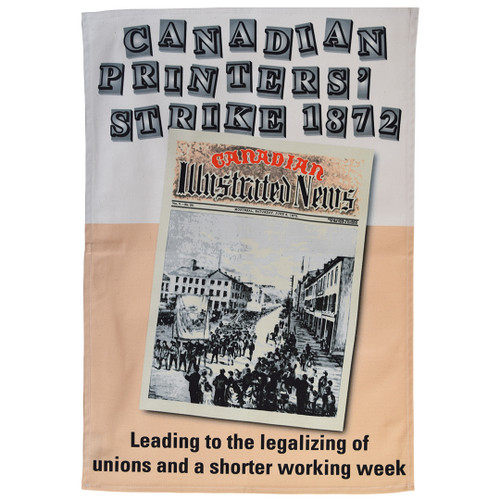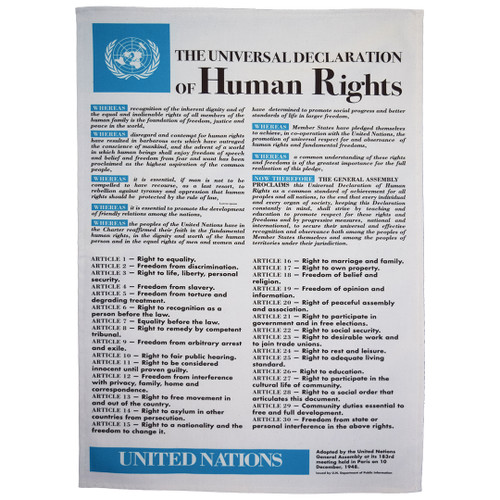On April 17, 1982 Queen Elizabeth II signed the Canada Act in Ottawa giving Canada control over its Constitution and guaranteeing the rights and freedoms of its new Charter, the Canadian Charter of Rights and Freedoms / La Charte Canadienne des droits et libertés. The Charter forms part of the Canadian Constitution – the highest law in all of Canada – and is one of the country’s greatest accomplishments.
The Charter protects a number of rights and freedoms, including freedom of expression and the right to equality, essential to keeping Canada a free and democratic society, and is a powerful force for progress, protection, compassion and fairness.
Furthermore, the Charter affirms that Canada is a multicultural country and that the Charter must always be read and understood with this in mind. It also protects the rights of Indigenous people in Canada (First Nation, Inuit, and Métis). Section 35 of the Constitution, which is separate from the Charter, recognizes and affirms Aboriginal peoples and the treaty rights of Aboriginal peoples.
The anniversary of the Charter is celebrated every year on April 17.









